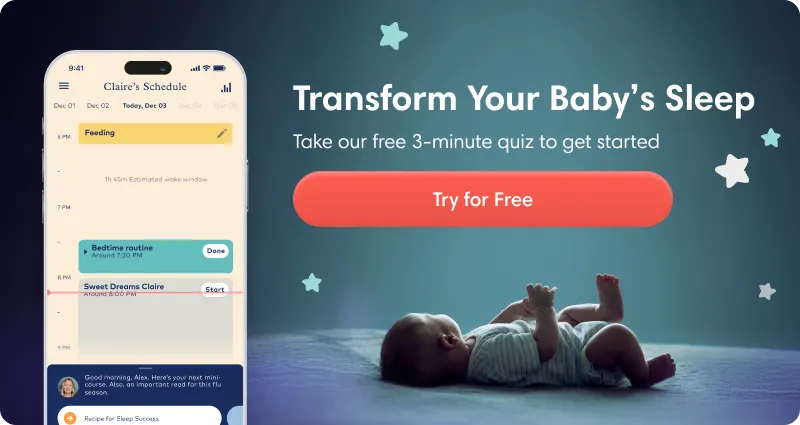Can Babies Have Night Terrors?
Understanding Night Terrors
You may have heard about night terrors in children, but have you ever wondered if babies can experience them? If your baby wakes up crying at night, there could be many causes. Read on to learn whether babies can have night terrors, what causes them, how to prevent them, and what to do if your baby experiences one.
What are Night Terrors in Babies?
A night terror is when a baby screams, cries, or flails while still asleep and is inconsolable. Although a baby may seem awake, they are only semi-conscious during a night terror and won’t remember it afterward. Symptoms include shaking, a fast-beating heart, sweating, and wide, glazed eyes. Night terrors can be alarming to witness but are not painful for the baby.
Can a Baby Have a Night Terror?
While rare, it is possible for a baby to have a night terror. Night terrors are more common in children aged 3 to 7, with only 3-6% of kids experiencing them. However, babies as young as 18 months can have night terrors, although it is extremely rare for those younger than 18 months. If a younger baby wakes up crying, they are more likely hungry rather than experiencing a night terror.
What Causes Night Terrors in Babies?
The exact causes of night terrors in babies are unclear, but several theories exist:
Transition Between Sleep Cycles: Night terrors often occur early in the night during transitions from non-REM sleep to REM sleep.
Development of the Central Nervous System: Night terrors may be part of the development of a baby’s central nervous system.
Other Factors: Illness, certain medications, being overtired, stress, or a new sleep environment can increase the chances of night terrors.
Tip If you’re concerned that overtiredness might cause night terrors in your baby, the Smart Sleep Coach by Pampers™ app can help reset their sleep schedule and overcome overtiredness. |
How to Prevent Night Terrors in Babies
While there’s no guaranteed way to prevent night terrors, you can reduce the risk by:
Developing a Bedtime Routine: A predictable bedtime routine can help your baby feel secure.
Following Wake Windows: The Smart Sleep Coach app can help you manage wake windows to prevent overtiredness.
Avoiding Scary Stories: Choose uplifting books before bed to reduce the risk of night terrors.
What to Do if Your Baby has a Night Terror
Many parents wonder if they should wake their baby during a night terror. The answer is no. Your baby is in a semi-conscious state and won’t remember the night terror. Instead:
Stay Calm: Remember that the night terror will be over soon and isn’t harmful.
Go to Them Quickly: Check on your baby immediately to ensure their safety.
Offer Verbal Reassurance: Use a soothing voice to comfort your baby without waking them.
Keep Them in Bed: If your baby tries to get out of bed, gently keep them in place to prevent injury.
Discuss Bad Dreams the Next Day: Although your baby won’t remember the night terror, discussing bad dreams can help reduce general bedtime fears.
When to Worry About Night Terrors
If night terrors are frequent or severely disruptive, consult your pediatrician. In rare cases, symptoms similar to night terrors may indicate a seizure.
FAQS AT A GLANCE
Signs include waking with intense fear, rapid breathing, and being inconsolable. Night terrors occur during deep non-REM sleep, unlike nightmares, which happen during REM sleep and are often remembered.
Conclusion
Night terrors in babies can be frightening but are not harmful. While there is no surefire way to prevent them, maintaining a consistent routine, preventing overtiredness, and creating a soothing environment can help reduce the risk. Always ensure your baby’s safety and consult your pediatrician if you have concerns.
How We Wrote This Article The information in this article is based on expert advice from trusted medical sources like the American Academy of Pediatrics and the American College of Obstetricians and Gynecologists. Always consult medical professionals for diagnosis and treatment.

![[CA] WSD 2 - Mom and baby World Sleep Day 2](https://images.ctfassets.net/2ql69mthp94m/7scfzoeyj6q7AgwnsCoMZz/29e577f04e1fa9a8f8bba611b0eeadef/WSD_-_Desktop_-_Mum_and_baby.png?fm=webp&q=70)
